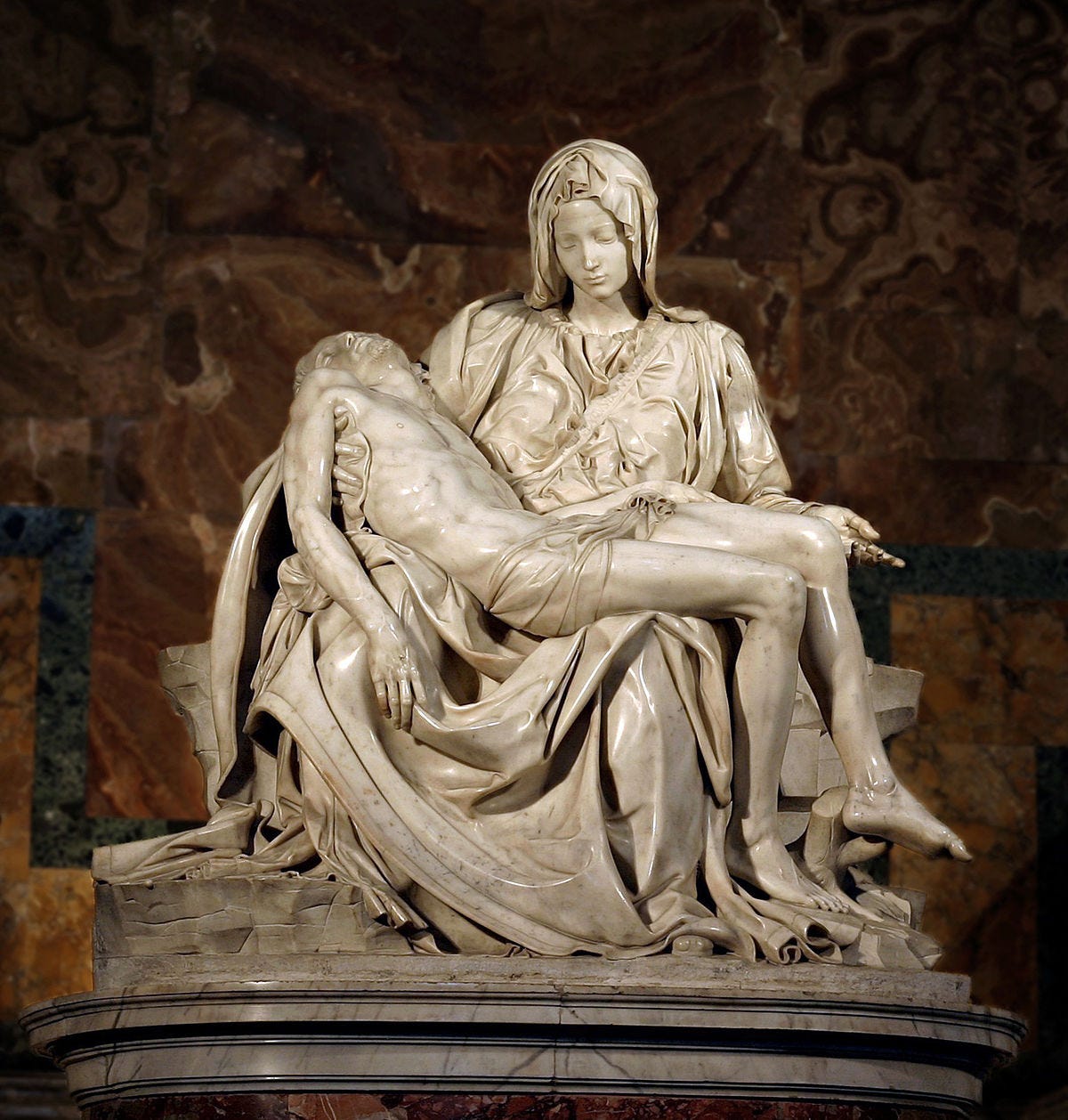BBC's Katie Razzall stripped off in church
But it was entirely innocent, writes George Pitcher. We'd all do well to apply the presumption of innocence to Huw Edwards too
About 20 years ago, the BBC’s culture and media editor, Katie Razzall, took her top off in front of me in a London church.
She may have been with ITN at the time and I can’t remember why she was interviewing me, but she said she had to change for camera. I offered her some privacy, but she said something like “Don’t worry, I can do it right here” and, turning her back to preserve her modesty, whipped her blouse off.
She subsequently emailed a couple of times to suggest a drink to discuss other church stories, which we never managed. But the point I want to make, rather quickly, because I imagine Ms Razzall can afford better lawyers than me, is that all this was entirely innocent and professional. At least, I presume it was.
Presumption of innocence
And I want to say that because the presumption of innocence wasn’t very apparent from Razzall and her colleagues – not to mention across the mediascape – when top BBC anchor Huw Edwards was revealed as the person claimed by the Sun to have elicited lewd images from a youngster for money and to have intimidated another through a dating website.
Yes, I know these are rather more serious allegations than changing your top in front of a priest and suggesting a follow-up drink. But I wonder, in passing, what it would have taken to ramp up this little story into something more troublesome in today’s febrile media climate. Suppose it had been me who had taken my trousers off? Suppose we change our age differences or our genders and see if that changes the nature of the story?
“Dramatic news”
Razzall, I expect, might say that she’s never claimed the allegations made against Edwards are true. But when his identity was revealed she did go on air to say that “this is such dramatic news” about “a man who has embodied BBC values” and “has held viewers hands through momentous parts of our nation’s history” and “we’re all coming to terms with this news.”
Now, it can reasonably be claimed that the “dramatic news” is just the naming of Edwards. Nevertheless, Razzall didn’t find time in her slot to point out that these allegations may simply be untrue (as one of the young “victims” concerned has claimed) or, if true, may not have been illegal (as the police now seem to be claiming). The implication many of us are left with, I’m afraid, is that Edwards is bang to rights.
Mercy and pity
A quality that seems to have gone missing in our journalism is justice. And justice, which is blind, goes hand in hand in the Judeo-Christian tradition, on which our legal system is built, with mercy and pity, which are not blind to the humanity of the person facing justice.
Note that I refer to justice ahead of mercy and pity. We’re not called simply to be kind. We see that justice is done to the wicked – having established that they’re guilty. But we try to see the person with compassion.
This, I would suggest, is a relatively easy task with people in the public eye such as Edwards. All it takes is a phrase along the lines of “We don’t of course know whether these allegations are true and, if they are, whether any law has been broken.” It might also be worth mentioning that the man is in hospital after an apparent nervous breakdown.
Impossible with monsters
As I say, that should be easy in cases such as that of Edwards, or for that matter Phillip Schofield. It’s very much harder in cases involving convicted pedophiles or rapists. And it’s practically impossible with monsters such as Jimmy Savile or Rose West.
But that doesn’t mean we shouldn’t try. The faith tradition on which our principles of justice are built require that we hate the crime but not the criminal. It’s why, in our daily office of prayer, we’re invited to hold up both “victims and perpetrators of crime.” It’s also, incidentally, one reason why we resist capital punishment.
With that I seem to have got to the very extreme end of things. Peddling back, it’s a far easier task to see how our attitude to Edwards can be ameliorated. The man may or may not be innocent, but either way his circumstance requires our pity.
Holy Mother
The Christian narrative is interwoven with innocence and pity. It’s there when the entirely innocent prays from the cross that those committing the crime should be forgiven “for they know not what they do.” And it’s there in the striking image of the Holy Mother cradling the dead body of the entirely innocent – La Pieta, meaning The Pity.
We pity both the innocent and the guilty alike, something worth remembering when someone is metaphorically crucified in the media.
As for the entirely trivial, such as the story I started this with, we’re entitled to apply the principle with a shrug and a smile, rather than big it up into a story that it isn’t, which the new puritanism is wont to do.
So Katie (if I may): Let’s perhaps have that drink one day, with or without your lawyer, and laugh about old times.
George Pitcher is a visiting fellow at the LSE and an Anglican priest




